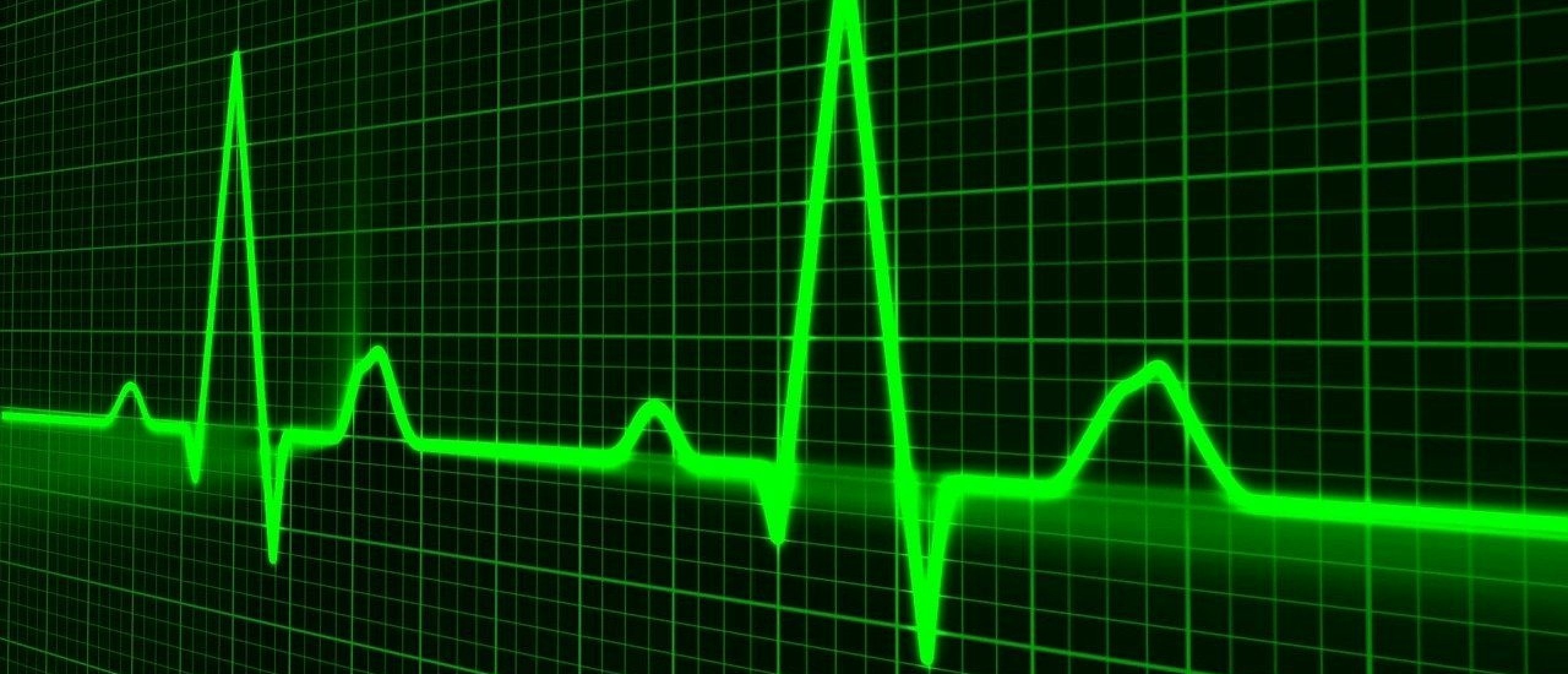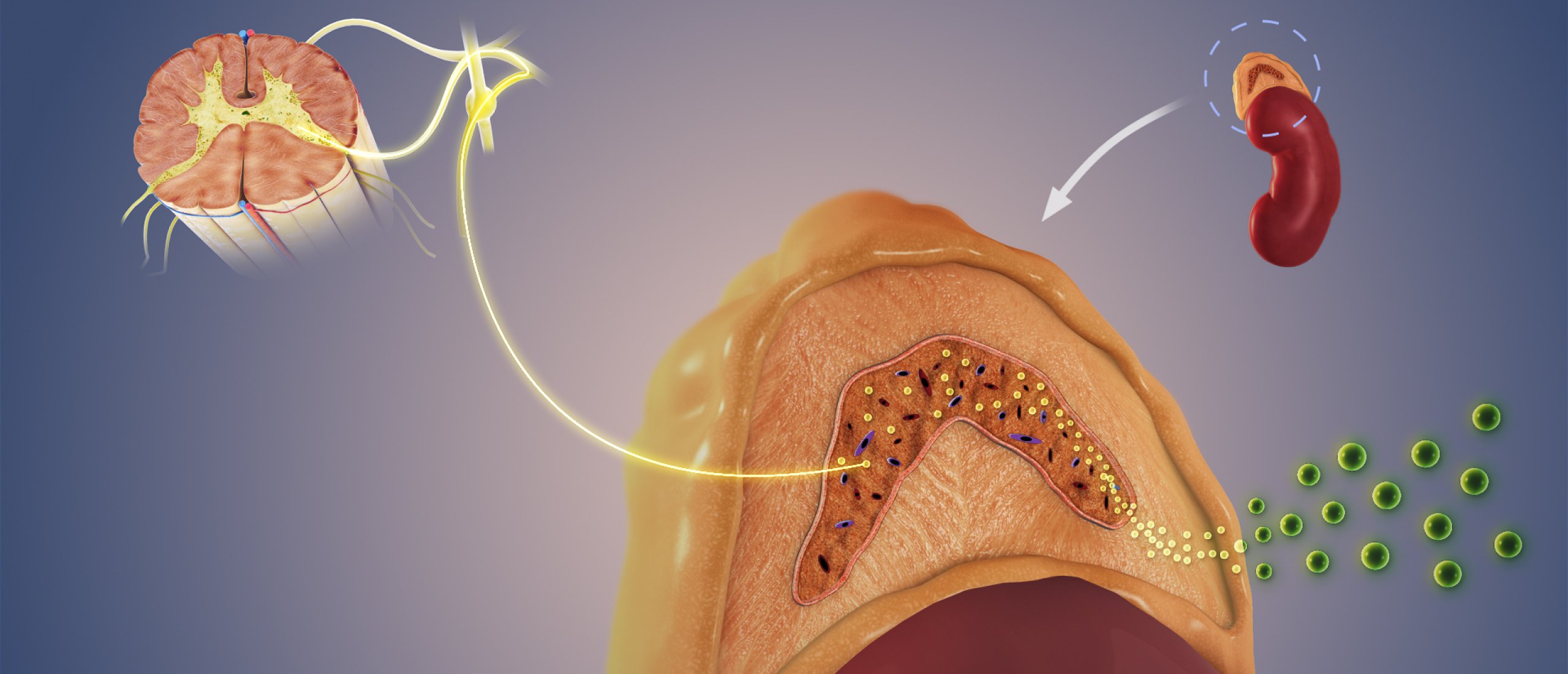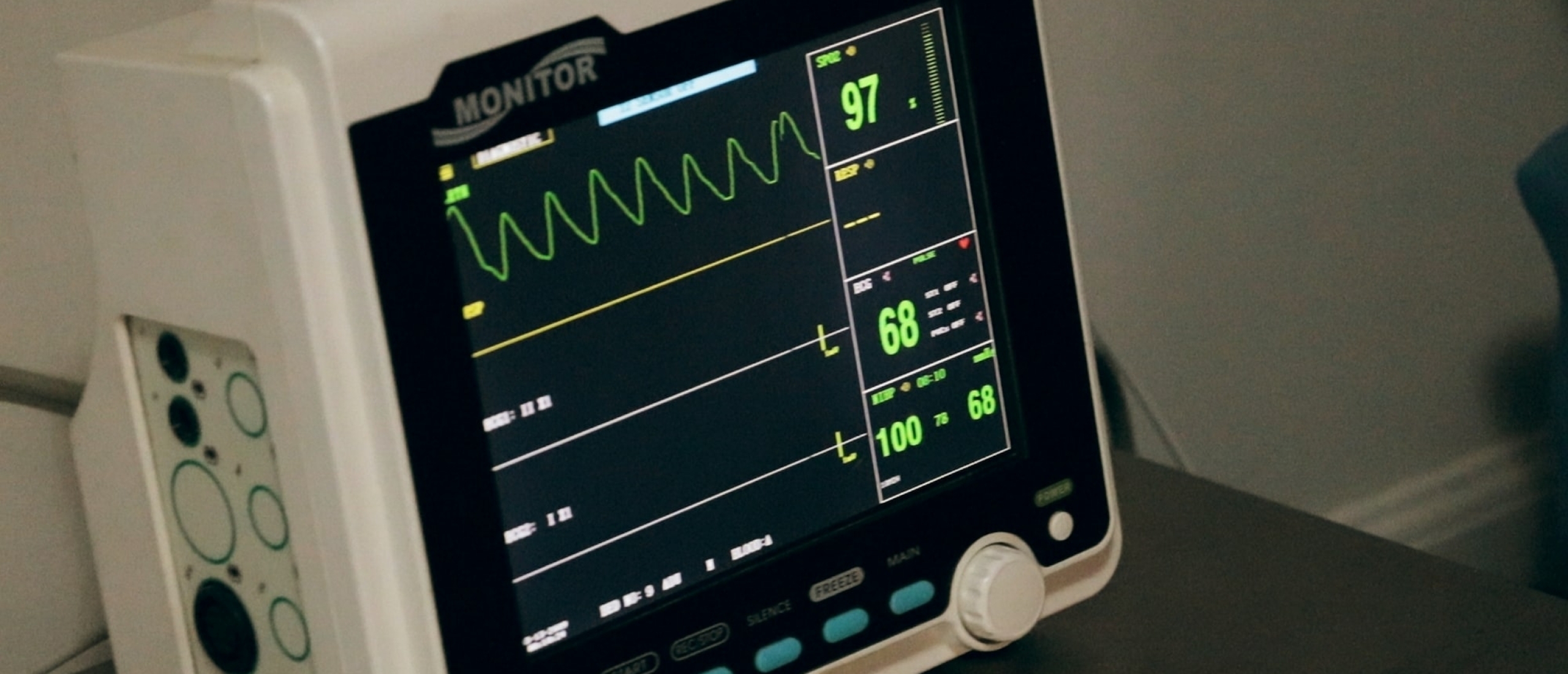
I am sure you have noticed that your heart starts pounding when you are up for a job interview, or when watching an important game of your favorite sports team. This is a manifestation of stress caused by adrenaline that can help overcome stress but can cause problems in the long term.
The adrenaline rush
Your boss imposes a tight deadline, or you are stuck in a traffic jam on your way to the airport. Your heart starts to pound and your hands turn clammy: the instantaneous effects of adrenaline (also known as epinephrine) when you are under stress.
Adrenaline is a stress hormone, produced by the adrenal gland that is sitting on top of the kidney. Its release is induced by the sympathetic nervous system that is switched on during stress. The adrenaline rush starts almost immediately when facing a stressful encounter, and typically lasts for minutes. However, at times high adrenaline levels can persist for up to one hour.
Adrenaline release is part of the body’s fight-or-flight response, present in all vertebrates and in our ancestors living on the savannah. It helps animals and humans to survive through times of terrible stress and threat, like when trying to escape from a hungry lion or when fighting with a rivaling tribe. The adrenaline rush also occurs when you are stressed at work.
The increased heart rhythm helps to deliver more oxygen-rich blood to the muscles, preparing for immediate action (fight or flight). And increasing heart frequency is not the only thing adrenaline does. It also increases blood pressure and breathing frequency, and liberates glucose (sugar) from the liver. All these reactions have the same goal: supplying the muscles with oxygen and energy to fight off the threat, or to run away from it.
How adrenaline speeds up the heart
Adrenaline activates the heart through binding to beta-adrenergic receptors. These are proteins that function like antennas and are sitting on the surface of heart cells. When adrenaline binds to these antennas, they will signal this to the interior of the cell. The cell will then “know” that adrenaline has bound and that it has to contract more frequently, and heart beat frequency will go up.
The receptors for adrenaline do not always work in the same manner. This is to say that their amounts on the heart cell surface may decrease (so that the heart becomes less sensitive to adrenaline) or increase (so that the heart becomes more sensitive to adrenaline). This depends on the type of stressor (the threat that causes stress), and in rats it has been found that being a male or female also matters. And for females, the phase of the estrous cycle also plays a role. For example, it appears that the heart of female (and male) rats during diestrus becomes super sensitive to adrenaline, but hardly responds during estrus (when the female is sexually receptive). This would make the heart of females in the estrus phase resistant to the effects of stress. There is some evidence that similar differences exist between men and women in stress-sensitivity and effects of adrenaline, but further research is still necessary to establish this firmly.
The effect of adrenaline on heart frequency is modulated by other hormones. One of these is the stress hormone cortisol, which is, like adrenaline, secreted from the adrenal gland. Cortisol can reduce the number of adrenaline receptors on the cell surface of heart cells.
High adrenaline levels may increase the risk for cardiovascular disease
High blood adrenaline levels, among other stress-induced changes in the body and mind, are a risk factor for the development of cardiovascular disease.
Our knowledge about the effects of adrenaline on the heart have come from studies in patients with a condition called chronic heart failure. This is when the heart muscle is permanently damaged, usually as a result of a heart attack, and it means that the heart does not work as efficiently. Adrenaline tries to compensate for this, and makes the inefficient heart work harder. Unfortunately, this does more harm than good. Scientists have therefore developed a type of medication called beta blockers. These inhibit the adrenergic receptors on the heart cells from working, so that adrenaline cannot activate the heart anymore and the heart rhythm does not accelerate.
When stress and the adrenaline surge last too long, or occur too frequently, adrenaline will damage the heart, just as it does in patients with chronic heart failure. Over time, the heart cannot keep up with the instructions given by adrenaline and its receptors to keep going at high frequency. Thus, when adrenaline levels are continually elevated, this could become detrimental to cardiac health.
Accelerated heart rhythm is not only caused by stress
A racing heart is thus a clear and important signal that you are under acute stress. It is a signal from your body that you should not ignore, especially when you experience this often or during a long period of time. Normally, however, accelerated heart rhythm will disappear quickly once the stressful moment is over.
As with many symptoms of stress, a racing heart is not an exclusive symptom of stress. It can be caused by a number of circumstances:
- Strong emotional responses, not only stress, but also anxiety or panic attacks
- Physical exercise
- Depression
- Stimulants such as caffeine, nicotine, cocaine, amphetamines, and cold and cough medications that contain pseudoephedrine
- Fever
- Hormone changes inherent to menstruation, pregnancy or menopause
- Too much or too little thyroid hormone
- Being in love or being broken-hearted (although these admittedly may be stressful)
At times, the precise cause of accelerated heart rhythm (or palpitations in general) remains unclear.
When to see a doctor
Usually, if a racing heart occurs only during a short period of time, and when you can relate it to a stressful event, there is no need to consult your doctor. The high adrenaline levels are then not a problem. Indeed, many people seek high adrenaline levels on purpose! They enjoy having the kick of doing something potentially dangerous such as parachuting or bungee jumping. For healthy people, this can be done without the risk of having a heart attack.
However, if an accelerated heart rhythm persists over time, and especially when you start feeling dizzy or have pain in the chest, you should seek medical help. This applies to all experiences of palpitations, whether they are caused by stress or not.











